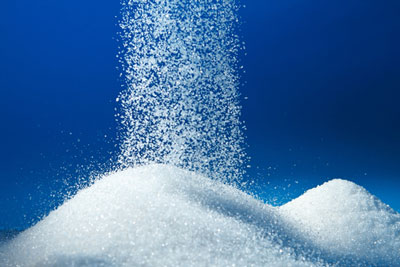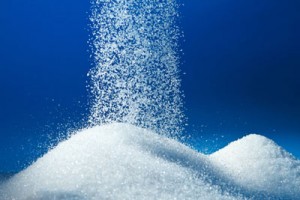Lifting the lid on consumer attitudes to low-sugar and no-sugar foods and drinks
- Like
- Digg
- Del
- Tumblr
- VKontakte
- Buffer
- Love This
- Odnoklassniki
- Meneame
- Blogger
- Amazon
- Yahoo Mail
- Gmail
- AOL
- Newsvine
- HackerNews
- Evernote
- MySpace
- Mail.ru
- Viadeo
- Line
- Comments
- Yummly
- SMS
- Viber
- Telegram
- Subscribe
- Skype
- Facebook Messenger
- Kakao
- LiveJournal
- Yammer
- Edgar
- Fintel
- Mix
- Instapaper
- Copy Link
Posted: 29 June 2015 | Victoria White | No comments yet
DSM has published the first of a new series of its Global Insights, lifting the lid on consumer attitudes to low-sugar and no-sugar foods and drinks…


DSM has published the first of a new series of its Global Insights, lifting the lid on consumer attitudes to low-sugar and no-sugar foods and drinks.


Based on an international survey conducted in the United States, Mexico, Argentina, France and Australia, the findings show that almost two-thirds of consumers are concerned about excess sugar. But the way respondents say they opt to reduce their intake of sweetened products varies dramatically, having far-reaching implications for future product development.
The international survey data underpins that consumers seeking to cut sugar don’t take a one-size-fits-all approach. More than twice as many (41% vs 20%) have opted for a sugar-free carbonated soft drink versus a sugar-free juice. For yoghurt, 40% will opt for a low-sugar variety, but just 20% for a completely sugar-free version of the dairy snack.
Only 20% of survey respondents preferred the taste of low-sugar and no-sugar products
Health and weight are the main concern for consumers seeking low sugar and no-sugar options but interestingly taste is not. Just 20% of respondents said they preferred the taste of low/no sugar products.
There are strong national differences when it comes to seeking information. 43% of Mexicans say that they have done research into health issues related to sugar. And in spite of increasing concern about rising childhood obesity rates, only a minority of the low-sugar and no-sugar treats bought by survey participants were destined for children. Buying for youngsters is most likely in Australia (19%) followed by the United States (15%) while this figure is 11% in France.
DSM will be presenting the Global Insights at IFT on 11-14 July 2015 in Chicago.



